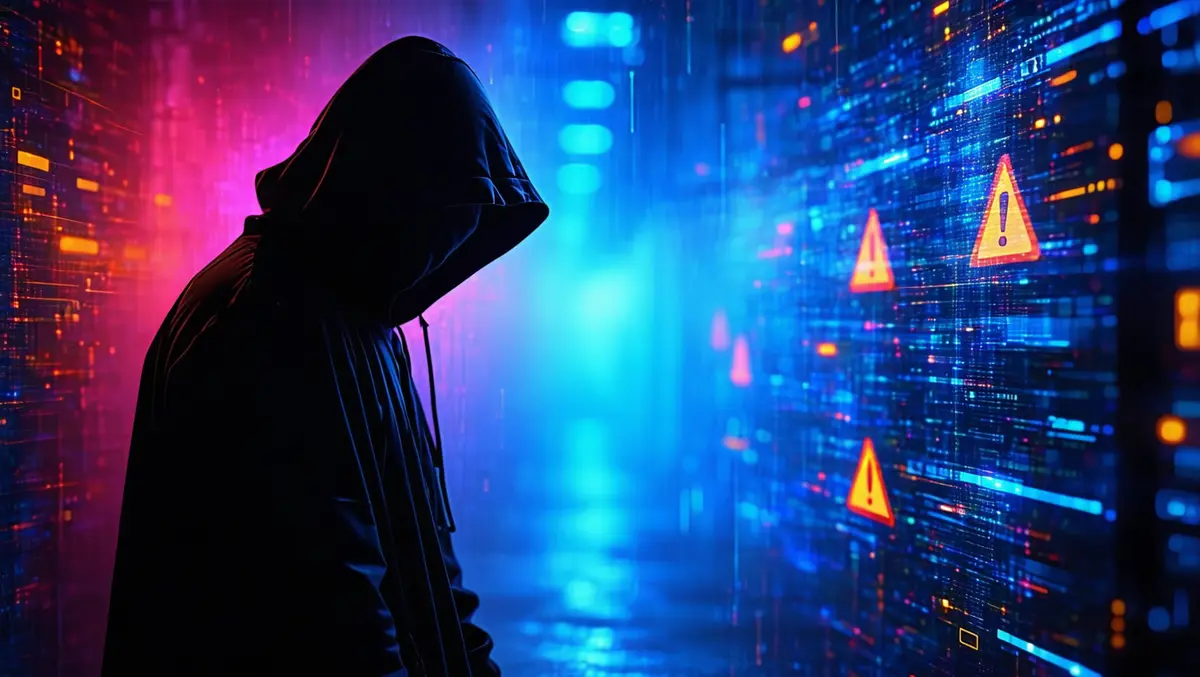
AI technology: A game changer for cybercriminals globally
A recent study by cybersecurity firm Kaspersky has highlighted the increasing use of artificial intelligence (AI) technologies by cybercriminals in executing attacks on organisations globally.
The study, which surveyed information security professionals in medium and large enterprises worldwide, found that 46% of respondents believed that AI technologies were used in the majority of cyberattacks their organisations faced in the past year. The use of AI in cyberattacks is seen as a potential game changer, giving cybercriminals the ability to automate attacks and overcome sophisticated security systems.
AI enables attackers to carry out operations with considerable speed and accuracy. It is particularly transforming phishing and social engineering campaigns. AI allows hackers to conduct detailed analysis of employee data, including professional roles, communication habits, and social media activities, which aids in crafting extremely personalised and convincing social engineering tactics.
Furthermore, cybercriminals are utilising AI to produce deepfake audio and video content, mimicking the voices and appearances of high-profile individuals like CEOs, to facilitate scams. AI also assists attackers in bypassing standard security measures by employing machine learning to test various attack scenarios against cybersecurity software and firewall defences in real time.
The Kaspersky study reveals that the threat landscape for businesses is broadening as AI-powered attacks make it feasible for cybercriminals to target multiple businesses of varying sizes with relative ease. Since AI allows for extensive scaling of attack operations, organisations that previously considered themselves low-risk may now face significant threats.
These AI-driven attacks can have severe repercussions, both financially and reputationally, for businesses. The potential consequences go beyond immediate financial losses to include regulatory fines, legal expenses, and long-term damage to customer trust. This is particularly detrimental to sectors heavily reliant on confidentiality and consumer confidence, such as finance, healthcare, and legal services.
To tackle the evolving risks posed by AI-driven cyber threats, Kaspersky advises businesses to adopt robust cybersecurity frameworks. It warns against over-reliance on AI-based solutions, recommending a multi-layered security strategy instead. This should encompass advanced security technologies, continuous employee training, and proactive incident response and planning. Combining technology with education and preparedness is believed to bolster an organisation's resistance to AI-driven cyberattacks.
Kaspersky is a global cybersecurity and digital privacy company founded in 1997. With over a billion devices protected to date from emerging cyberthreats and targeted attacks, Kaspersky's deep threat intelligence and security expertise is constantly transforming into innovative solutions and services to protect businesses, critical infrastructure, governments and consumers around the globe.


